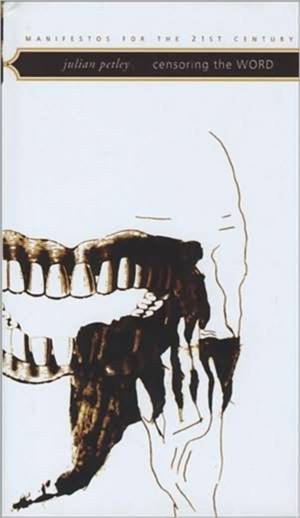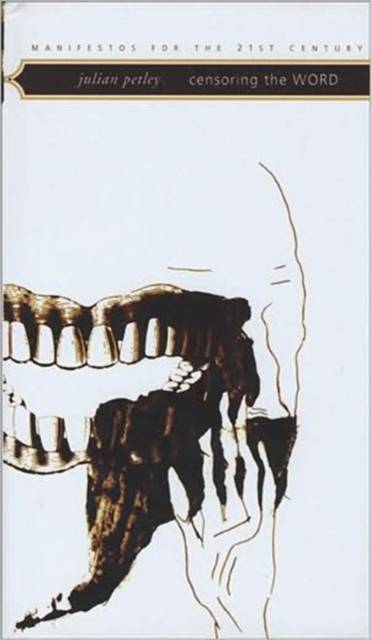
Je cadeautjes zeker op tijd in huis hebben voor de feestdagen? Kom langs in onze winkels en vind het perfecte geschenk!
- Afhalen na 1 uur in een winkel met voorraad
- Gratis thuislevering in België vanaf € 30
- Ruim aanbod met 7 miljoen producten
Je cadeautjes zeker op tijd in huis hebben voor de feestdagen? Kom langs in onze winkels en vind het perfecte geschenk!
- Afhalen na 1 uur in een winkel met voorraad
- Gratis thuislevering in België vanaf € 30
- Ruim aanbod met 7 miljoen producten
Zoeken
€ 20,95
+ 41 punten
Omschrijving
The aftershocks of 9/11 and the ubiquitous 'war on terror' have given new licence to censors of all stripes; 'national security' is once again invoked to justify the clipping of the coinage of civil liberties, while the rise of various forms of religious extremism is inhibiting some people's willingness to speak their minds. Censorship has not only not gone away, it is taking on new forms. Before we can understand the means and motives of censorship, we must first know what free expression is and how it has come to constitute one of our most fundamental rights. What are the 'classic' arguments for freedom of expression? Are these arguments still valid today? Was freedom of expression ever claimed as an absolute right? Is the state still an agent of censorship? Or has its place been taken by vast, unaccountable corporate interests? These are just a few of the questions raised in this elegant and incisive essay at the beginning of a new century and, possibly, a new dispensation governing our right to freely express our opinions.
Specificaties
Betrokkenen
- Auteur(s):
- Uitgeverij:
Inhoud
- Aantal bladzijden:
- 128
- Taal:
- Engels
- Reeks:
Eigenschappen
- Productcode (EAN):
- 9781905422548
- Verschijningsdatum:
- 1/08/2007
- Uitvoering:
- Hardcover
- Formaat:
- Genaaid
- Afmetingen:
- 114 mm x 180 mm
- Gewicht:
- 181 g

Alleen bij Standaard Boekhandel
+ 41 punten op je klantenkaart van Standaard Boekhandel
Beoordelingen
We publiceren alleen reviews die voldoen aan de voorwaarden voor reviews. Bekijk onze voorwaarden voor reviews.









